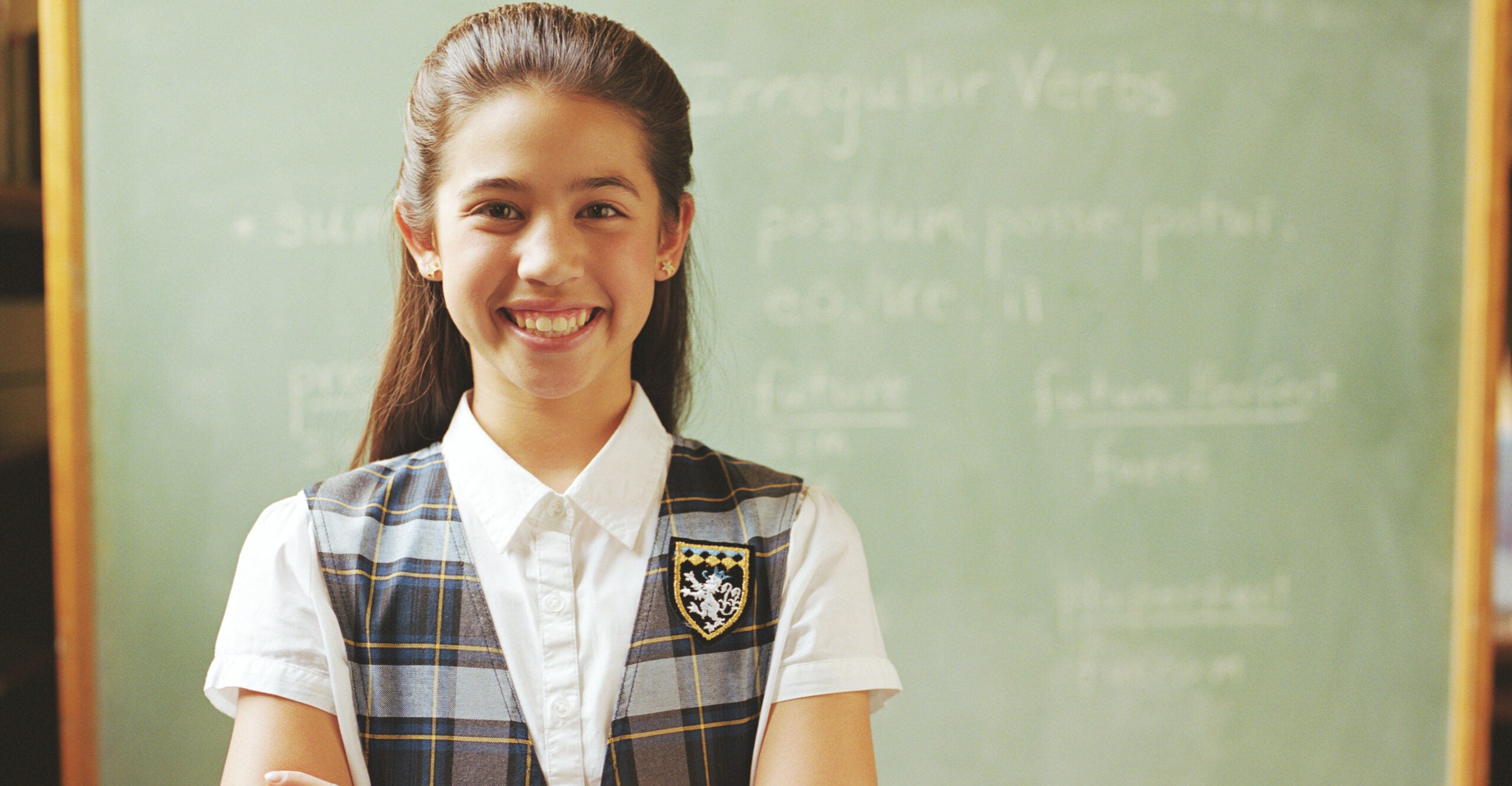Heritage Foundation Unveils Classical School Database
The Heritage Foundation has compiled a searchable Classical Schools Database featuring nearly 900 schools across the United States that say they are “committed to offering... Read More The post Heritage Foundation Unveils Classical School Database appeared first on The Daily Signal.

The Heritage Foundation has compiled a searchable Classical Schools Database featuring nearly 900 schools across the United States that say they are “committed to offering a classical liberal arts education to their students.”
The guide allows parents to search by state, city, county, and ZIP code for their ideal school from 894 options. It also allows them to input the child’s grade level, whether the school is private or charter, and whether the school is five days a week or operates on a nontraditional schedule.
Parents can even choose the religious denomination (choices include Anglican, Baptist, Catholic, Jewish, and Orthodox, among others). The database also allows the sorting of schools based on the classical language(s) they teach, including Greek, Latin, Arabic, and Hebrew.
Lindsey Burke, director of the Center for Education Policy at The Heritage Foundation, told The Daily Signal, “Classical education is experiencing a renaissance in American education and this new database gives families a first-in-the-nation tool to navigate all of the options that are available to them.”
“Families are thirsting for rigorous, values-aligned classical schools, and now have at their fingertips a website featuring nearly every classical school in the country and each school’s particular model. As school choice becomes more widely available, families now have a great new resource to help them navigate the school selection process,” Burke said.
The classical school movement is booming. According to a Society for Classical Learning report, there were more than 700 classical Christian schools operating in the United States in 2023, an approximately fivefold increase from 2010.
The National Center for Education Statistics found that enrollment in Christian evangelical schools in the United States has increased during the surveyed years of 2011 to 2021. Likewise, Catholic schools have seen a resurgence in enrollment with an increase of 3.7% during the COVID-19 pandemic years of 2020-2022.
Classical schools are typically defined through their adherence to the traditional forms of knowledge. That may include an adherence to the learning of grammar, logic, and rhetoric—known in educational circles as the trivium.
According to Arcadia Education, an education research and consulting firm, classical schools “share the aim to cultivate individuals of virtue who can: think, speak, and write with clarity; are grounded in the Western intellectual and moral tradition; and perceive the world as an orderly and comprehensible reality.”
While many classical schools are decidedly Protestant, they span the entire denominational spectrum. Consider the Saint Constantine School of Houston, which declares itself “in harmony with the Eastern Orthodox Church.” Or Emet Classical Academy, a Jewish day school for fifth to 12th graders that operates on the Upper East Side of Manhattan.
“Parents want their kids to learn from a good curriculum,” Mark Bauerlein, a retired professor of English and a former director at the National Endowment for the Arts, who regularly reports on classical schools, told The Daily Signal when asked what he thought was driving the growth in the liberal arts movement.
“I actually think the curriculum is the key; not the religion, not so much the politics. I think those are all part of it, but really it’s sort of the basics of reading, writing and arithmetic, and history,” Bauerlein explained.
He credits the COVID-19 pandemic school shutdowns for opening parents’ eyes to what wasn’t being taught in their children’s schools.
“It wasn’t just the fact that parents saw what was going on in classrooms, and the education wasn’t really happening there, but also the fact that schools were willing to do this and pretend that it was actually working. I think a lot of parents said, ‘No, no, I want something more real.’”
Bauerlein also attributed the low usage of technology in classical schools and the strict standards of behavior as contributing to the growth.
“You have things like prayer happening, the Pledge of Allegiance happening, the teaching of respect and deference,” he noted.
According to Bauerlein, one of the threats to the classical school movement is managing the rapid growth.
“You’ve got the demand from parents, but you need a lot of teachers. You need administrators. You need school leaders. You need financial people. You need those who know how to do facilities,” the retired professor said.
“So, I think the great challenge is to build the system like a pipeline of teachers and administrators,” he said.
The post Heritage Foundation Unveils Classical School Database appeared first on The Daily Signal.










